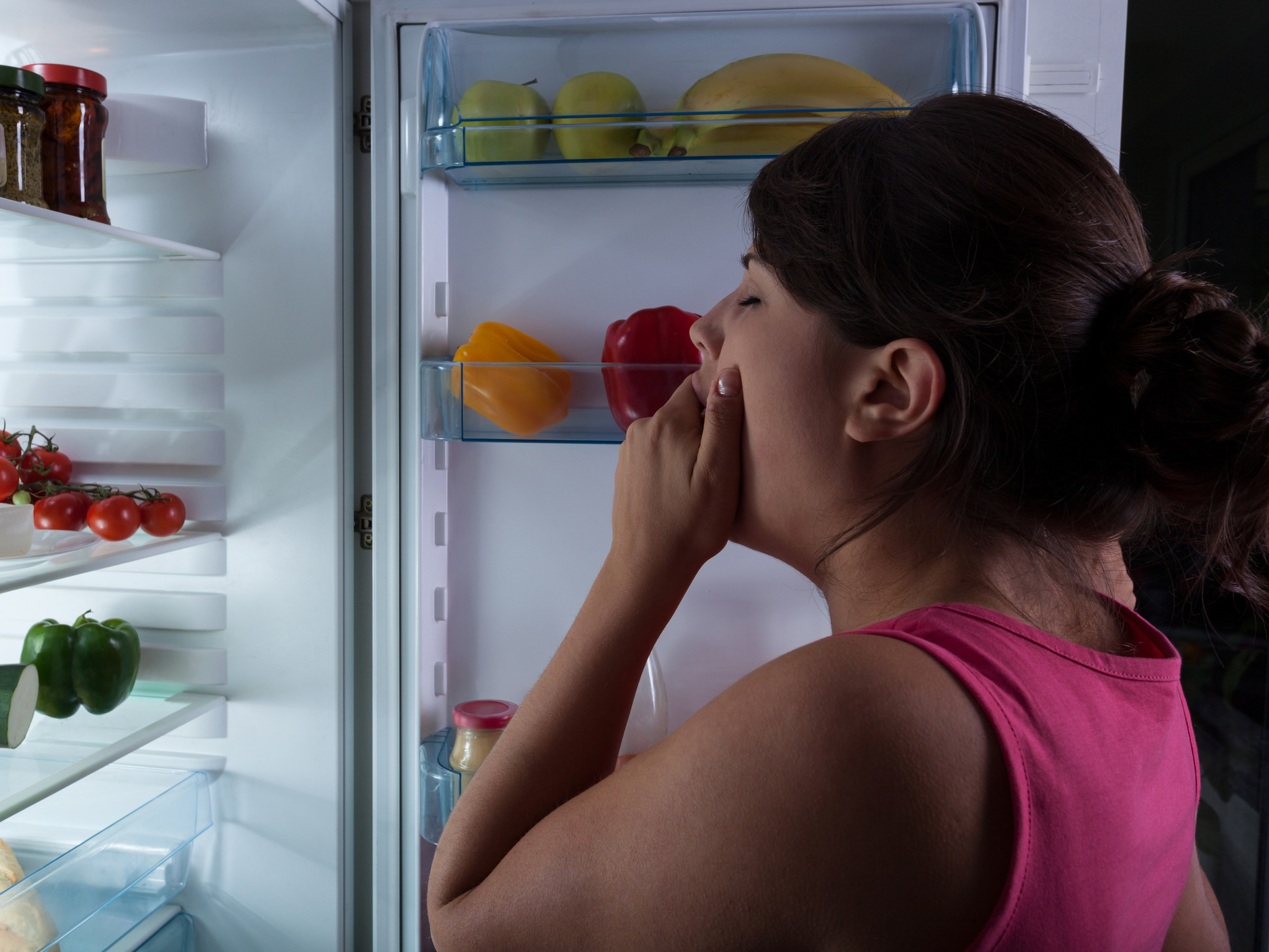Get Easy Health Digest™ in your inbox and don’t miss a thing when you subscribe today. Plus, get the free bonus report, Mother Nature’s Tips, Tricks and Remedies for Cholesterol, Blood Pressure & Blood Sugar as my way of saying welcome to the community!
The strange connection between sleep, food (or vice versa) and heart disease in women

“Women are particularly prone to sleep disturbances across the life span because they often shoulder the responsibilities of caring for children and family and, later, because of menopausal hormones.”
So says Dr. Brooke Aggarwal, assistant professor of medical sciences at Columbia University Vagelos College of Physicians and Surgeons.
Dr. Aggarwal is also the senior author of a recently published study that looked at the connection between poor sleep and cardiovascular risk in women, and where diet fits into this equation.
Heart disease is the leading cause of death in women in the United States. It’s responsible for at least one in five female deaths (20 percent) each year.
With that in mind, Dr. Aggarwal and a team of Columbia University researchers wanted a better understanding of how poor sleep quality and not enough sleep is related to the risk of obesity and heart disease.
Here’s what they found out…
Insomnia leads to bad eating habits
The research team examined the sleeping and eating habits of nearly 500 women, ages 20 to 76. This examination revealed some interesting patterns. Some were new, others were not.
Previous research had already shown that women with the worst overall sleep quality usually consume more added sugars, contributing to obesity and diabetes.
Dr. Aggarwal and colleagues also found that the women in their study who took longer to fall asleep consumed both the most calories and the most food by weight.
Related: The heart attack common denominator that’s bigger than cholesterol
And women with more severe insomnia ate more food by weight and fewer unsaturated fats — meaning they were missing out on big benefits from “good” fat found in foods like avocados, olive oil, and fish.
But the question remained: exactly how does poor sleep contribute to poor eating?
Which comes first, the chicken or the egg?
Dr. Faris Zuraikat, a postdoctoral fellow at Columbia University Vagelos College of Physicians and Surgeons and lead author of the study, thinks that poor sleep quality may stimulate hunger signals in the brain, or may suppress signals of fullness.
Being sleep-deprived may affect the hunger hormones, ghrelin and leptin, stimulating an overproduction of ghrelin (the “I’m hungry” hormone), and suppressing the production of leptin (the “I’m full” hormone).
On the other hand, there’s another possibility.
“…it’s also possible that poor diet has a negative impact on women’s sleep quality. Eating more could also cause gastrointestinal discomfort… making it harder to fall asleep or remain asleep.”
In other words, it’s a case of “the chicken or the egg.”
Is it that heavy meal and sweet dessert before bedtime that’s keeping you awake, or is poor sleep and insomnia making you want to eat more of the wrong things?
Sleep and diet are the keys to heart health
Regardless of which is true, the evidence is clear: getting the right amount of good sleep is critical to preventing heart disease, stroke, and diabetes.
So is eating a heart-healthy diet.
It’s probably easiest to start with some A to Zzzz tips that can improve the quality and length of your sleep to help you get your best sleep ever. In addition to that advice, melatonin is renowned for inducing sleep — but something most people may not know is that it supports heart health by decreasing LDL cholesterol.


Carlyle Fast Dissolve 12mg Melatonin
Fast-acting, non-habit forming, and has a delicious natural berry flavor.
Next, ease into better food habits…
Dr. Stephen Juraschek, Assistant Professor of Medicine at Harvard Medical School, says that “… flexibility in food selection for people attempting to eat a healthier diet should make it easier.”
In other words, it might be better to forget rigid dieting and adopt an ‘eat more-live better’ food style modeled on the Mediterranean diet, which emphasizes fruits and vegetables, nuts and legumes, fish, and whole grains, and is light on dairy and meat.
Editor’s Note: The results of a $100 million dollar study were recently presented to the American Heart Association. The verdict? Heart procedures don’t seem to help people with stable heart disease avoid heart attacks more than drugs and lifestyle changes do. So before you submit to any heart treatment, discover the truth you won’t find at your doctor’s office: Read this FREE report…
Sources:
- The skinny on why poor sleep may increase heart risk in women — Neuroscience News
- Measures of Poor Sleep Quality Are Associated With Higher Energy Intake and Poor Diet Quality in a Diverse Sample of Women From the Go Red for Women Strategically Focused Research Network — Journal of the American Heart Association
- Women and Heart Disease — Centers for Disease Control and Prevention
- Sleep Duration and Quality: Impact on Lifestyle Behaviors and Cardiometabolic Health: A Scientific Statement From the American Heart Association — Circulation
- 5 Ways Your Sleep Affects What You Eat — HuffPost Life
- Healthy foods more important than type of diet to reduce heart disease risk — EurekAlert













